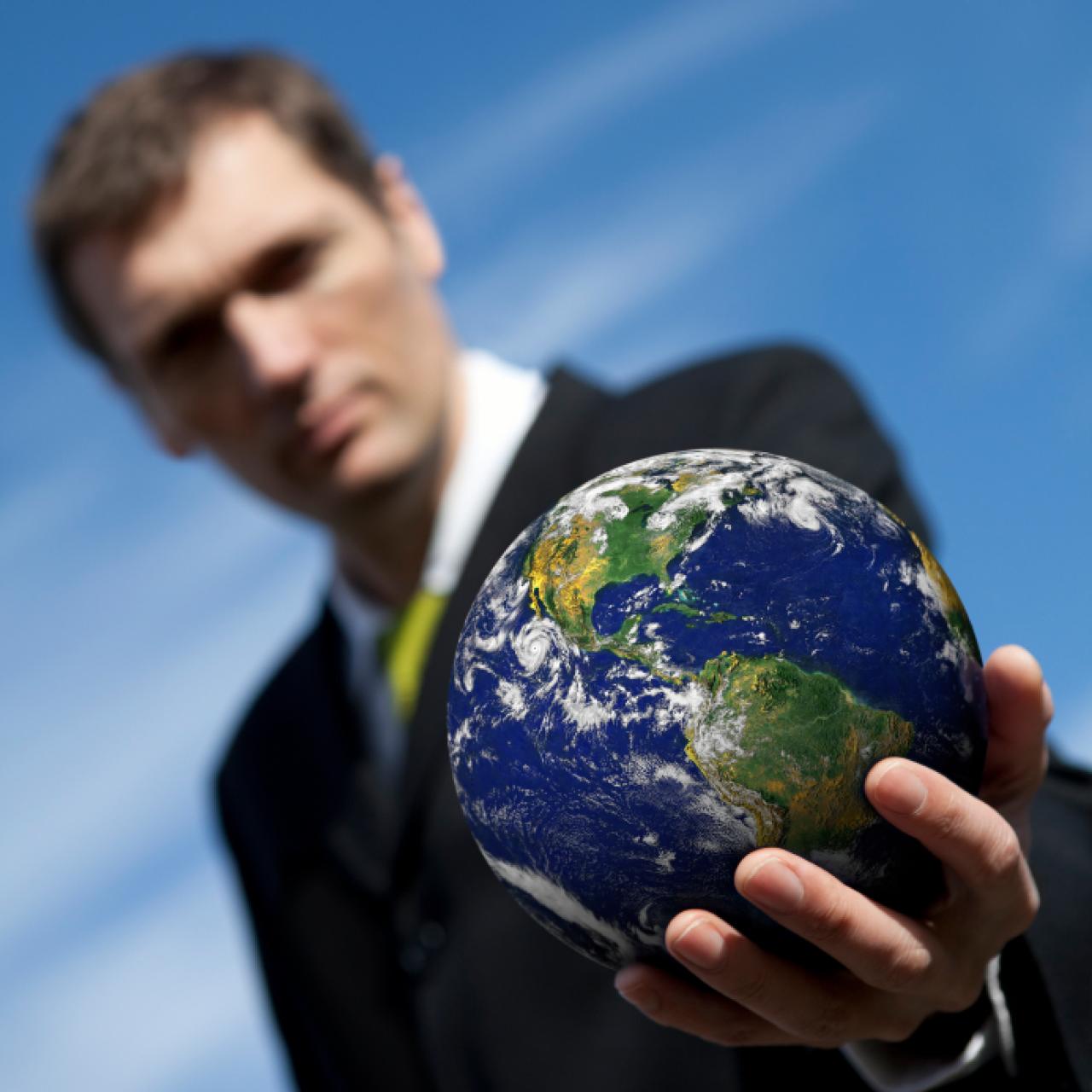
Throughout history there have been “citizens of the world”. There have been stunning stories of survival, lessons about overcoming obstacles and great leaders influenced by years spent in foreign lands.
There have always been important people whose lives transcend national borders; the Habsburg Emperor Charles V is said to have remarked, “I speak Spanish to God, Italian to women, French to men and German to my horse.” The global demands of the modern world have changed not just the face, but also the age, work and social class of people living internationally. The result has been a recent and massive generational shift in the highly educated, globally mobile workforce.
This emerging “Global Cosmopolitan” phenomenon differs primarily along generational lines. The technological revolution has made it not just possible but even routine for people to establish roots and maintain ties across great distances. When I first lived in the South of France in 1973, laptops or internet cafés were concepts that had yet to be invented. My calls to the United States from the post office were hardly private and very expensive. I wrote letters and made audiotapes, but contact with family, friends and previous work colleagues was minimal.
Today’s generation, by contrast, is all about connection. Cut-rate or free worldwide phone service, cheap airlines, internet news and social-networking sites, mother-tongue DVDs and iPod music in virtually every language are just a few possibilities that were science fiction to earlier generations. At work, the new Global Cosmopolitan generation can be reached almost anywhere with a BlackBerry; video conferencing and virtual teams are a daily feature of work. Cultural fusion has brought an explosion of flavours to world cuisine, sounds to world music, and body decorations to fashion. But it’s not just fashionable to be global. Many people see their own future connected to the world around them.
Global Cosmopolitans can often identify family members that travelled the world generations before they were born. While they might see a connection to their own stories, they believe that modern technology and their current position in the world gives them both a very different experience and perspective.
There is no formula for identifying Global Cosmopolitans. People respond to different aspects of the journey that I describe. While individuals react to different perspectives of the Global Cosmopolitan experience, what makes this identity group distinctive are the challenges that they have encountered and the opportunities for learning they have experienced. They are a distinct category of people with a unique outlook on life. It is certainly true that they gain rich perspectives from different cultures and languages. But this traditional passport-based view misses the greater expertise that a new generation is developing as Global Cosmopolitans.
Five Global Cosmopolitan characteristics
Studying the phenomenon of Global Cosmopolitans, I have identified a set of five important characteristics that frequently develop as a result of the complexity a Global Cosmopolitan lifestyle. These characteristics are often overlooked in favour of the more visible signs of global experience, such as cultural mastery and language ability. Significantly, none of these qualities described below requires an international context in which to use them. And all are essential to meeting the management challenges faced by today’s global leaders: transition, change, difference and adaptation. What’s more, Global Cosmopolitans develop these qualities so subtly and naturally that many don’t even know they have them. These five characteristics combine to yield a Global Cosmopolitan identity.
1) Global Cosmopolitans see change as normal.
2) As outsiders to fixed cultural rules, they rely on creative thinking.
3) They reinvent themselves and experiment with new identities.
4) They are experts at the subtle and emotional aspects of transition.
5) They easily learn and use new ways of thinking.
Global Cosmopolitans develop these characteristics not just because they live in different countries but because they live in a world of uncommon complexity. People growing up in a single culture develop a filter by which to understand the world around them; their life story has a fixed centre of shared wisdom and learned responses on which to build their identity. But Global Cosmopolitans develop a prism that yields kaleidoscopic perspectives. Their centre is a multifaceted collection of contradictions, often undefined. Much of their identity is built around their experiences with conflict, alternate belief systems and new ways of behaving around people very different from themselves. Through their stories I try to provide a window into their complex world.

-
View Comments
(2) -
Anonymous User
As a global traveler and student, I must say I agree wholeheartedly with your piece. Studying in the US, growing up in the US and India, and currently living in India, I have noticed the subtle differences in my perceptions of the world around me compared to my domestic peers. I often reflect on how different my peers are in different countries. Attending international school in my younger days definitely helped instill this "prism" at a young age. Amazing piece, and something I can relate very much to.
A Talluri
-
Leave a Comment




Anonymous User
25/07/2013, 05.46 pm
This is an amazing piece...fresh and soooo real! Congrats
A. Regalado